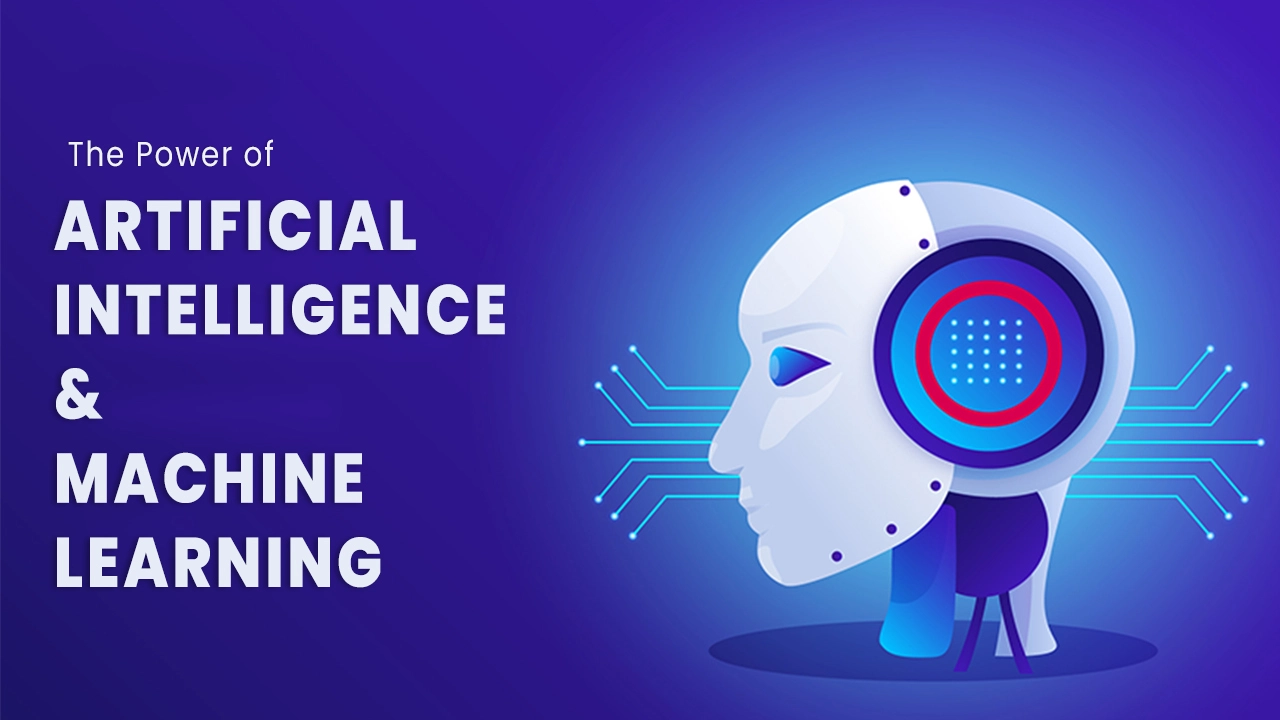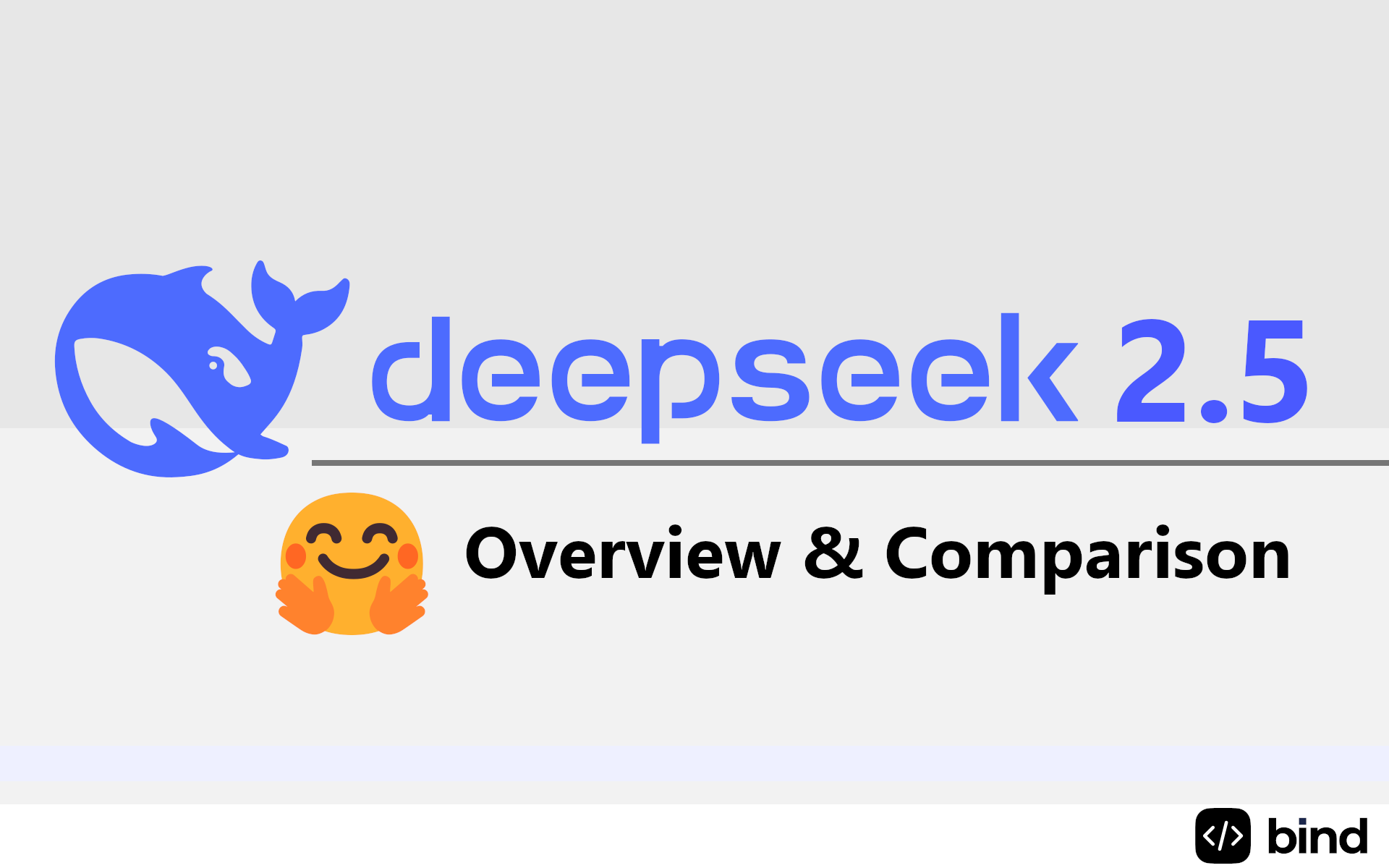Lower-cost AI tools might improve tasks by offering more workers access to the innovation.
- Companies like DeepSeek are developing affordable AI that might help some employees get more done.
- There might still be threats to employees if companies turn to bots for easy-to-automate jobs.
Cut-rate AI might be shaking up industry giants, fraternityofshadows.com but it's not most likely to take your job - a minimum of not yet.
Lower-cost techniques to developing and training artificial intelligence tools, from upstarts like China's DeepSeek to heavyweights like OpenAI, will likely allow more people to acquire AI's efficiency superpowers, market observers informed Business Insider.
For numerous workers stressed that robotics will take their jobs, that's a welcome advancement. One scary possibility has been that discount AI would make it easier for companies to switch in low-cost bots for expensive human beings.
Obviously, that could still occur. Eventually, the innovation will likely muscle aside some entry-level employees or those whose roles mainly include repetitive jobs that are easy to automate.

Even higher up the food cycle, staff aren't necessarily complimentary from AI's reach. Salesforce CEO Marc Benioff stated this month the company might not hire any software application engineers in 2025 because the firm is having so much luck with AI agents.
Yet, it-viking.ch broadly, for numerous employees, lower-cost AI is likely to expand who can access it.
As it becomes cheaper, it's much easier to integrate AI so that it becomes "a partner instead of a danger," Sarah Wittman, an assistant teacher of management at George Mason University's Costello College of Business, informed BI.
When AI's price falls, she said, "there is more of a prevalent acceptance of, 'Oh, this is the way we can work.'" That's a departure from the state of mind of AI being an expensive add-on that employers may have a difficult time justifying.
AI for all

Cheaper AI might benefit employees in areas of a business that frequently aren't seen as direct income generators, Arturo Devesa, primary AI architect at the analytics and information company EXL, told BI.
"You were not going to get a copilot, possibly in marketing and HR, and now you do," he stated.
Devesa stated the course revealed by companies like DeepSeek in slashing the expense of establishing and executing big language designs alters the calculus for companies choosing where AI might pay off.
That's because, for most big companies, such decisions consider cost, accuracy, and speed. Now, with some expenses falling, the possibilities of where AI might appear in a work environment will mushroom, Devesa stated.
It echoes the axiom that's all of a sudden everywhere in Silicon Valley: "As AI gets more effective and accessible, we will see its usage skyrocket, turning it into a commodity we simply can't get enough of," Microsoft CEO Satya Nadella composed on X on Monday about the so-called Jevons paradox.
Devesa said that more productive workers will not always lower need for individuals if employers can establish new markets and brand-new sources of income.
Related stories
AI as a commodity
John Bates, CEO of software application company SER Group, told BI that AI is becoming a commodity much quicker than anticipated.
That means that for jobs where desk employees may require a backup or somebody to verify their work, low-priced AI might be able to action in.
"It's excellent as the junior understanding employee, the important things that scales a human," he stated.
Bates, a former computer technology professor at Cambridge University, said that even if an employer currently planned to use AI, the reduced costs would boost return on financial investment.
He likewise said that lower-priced AI might give small and medium-sized companies much easier access to the technology.

"It's just going to open things up to more folks," Bates said.
Employers still require humans
Even with lower-cost AI, human beings will still belong, stated Yakov Filippenko, CEO and classihub.in founder of Intch, which assists specialists find part-time work.
He stated that as tech firms complete on cost and drive down the expense of AI, numerous companies still won't aspire to remove employees from every loop.

For instance, Filippenko stated business will continue to need developers because somebody has to validate that new code does what an employer desires. He stated companies work with recruiters not simply to complete manual labor; bosses likewise desire a recruiter's opinion on a prospect.
"They pay for trust," Filippenko stated, describing companies.

Mike Conover, CEO and founder of Brightwave, a research platform that uses AI, informed BI that a great chunk of what people do in desk tasks, gratisafhalen.be in particular, consists of jobs that might be automated.
He stated AI that's more widely offered due to the fact that of falling expenses will enable human beings' creative capabilities to be "freed up by orders of magnitude in terms of the sophistication of the issues we can fix."
Conover thinks that as costs fall, AI intelligence will also infect much more areas. He said it belongs to how, decades ago, the only motor in an automobile might have been under the hood. Later, forum.kepri.bawaslu.go.id as electric motors shrank, they showed up in locations like rear-view mirrors.
"And now it's in your toothbrush," Conover said.
Similarly, videochatforum.ro Conover stated omnipresent AI will let professionals develop systems that they can customize to the needs of jobs and workflows. That will let AI bots manage much of the grunt work and permit workers going to try out AI to handle more impactful work and perhaps shift what they're able to concentrate on.







